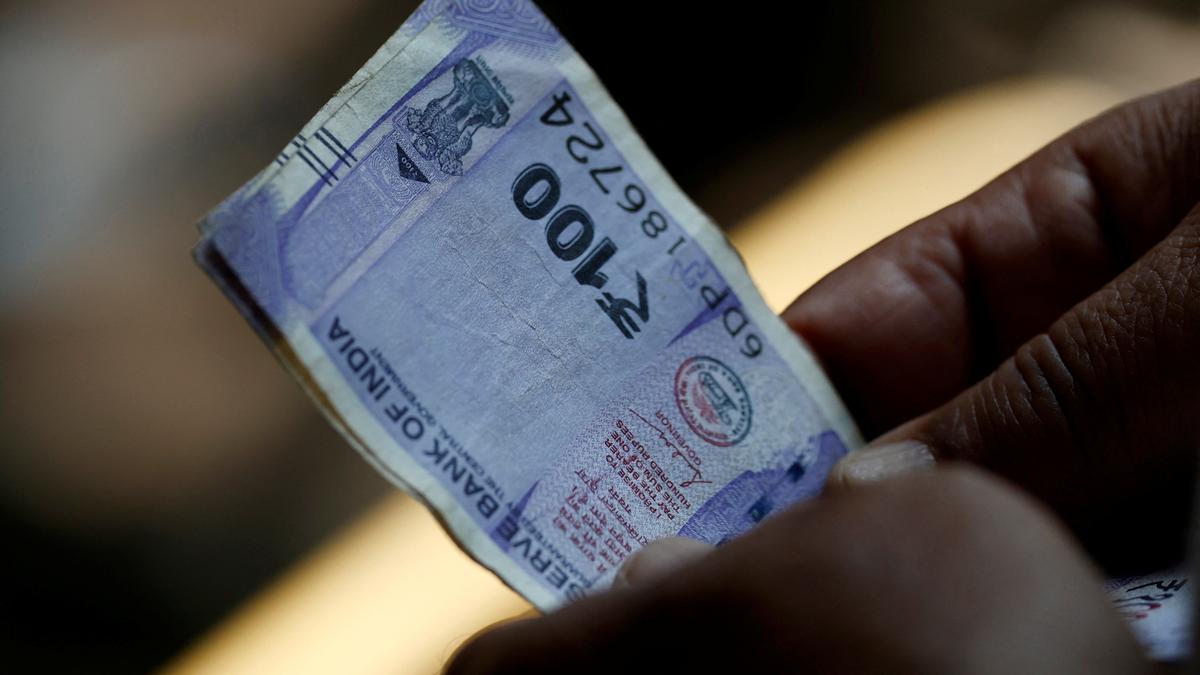Growth in India’s net direct tax collections slowed slightly to 19.54% by July 11, relative to a 21% rise recorded by June 17, with revenues hitting ₹5.74 lakh crore, the Income Tax department said on Friday. Personal income tax (PIT) receipts constituted 60.2% of the net collections at ₹3.46 lakh crore, rising 21.4% year-on-year, while corporate taxes yielded 36.6% of net revenues at ₹2.1 lakh crore, reflecting a 12.5% growth.
Robust Revenues: On Direct Tax Collection Target and Fiscal Consolidation
With stock market trading volumes rising, receipts from the Securities Transaction Tax (STT) soared to ₹16,634 crore, 2.3 times the receipts at the same time last year. Combined with STT receipts, net PIT collections were up 24.1%, almost twice the growth recorded in net corporate taxes.
Corporates Get 78% of Refunds
By July 11, the Income Tax department had issued ₹70,902 crore as refunds to taxpayers, 62.5% higher than a year ago. Corporate taxpayers received 77.7% of these refunds, while personal taxpayers got about ₹15,826 crore back. Prior to refunds, gross tax collections stood at a little over ₹6.45 lakh crore, marking a 23.2% growth. Of this, corporate tax receipts were up 20.4% while PIT and STT revenues were up 25.3%. In 2023-24, net direct tax revenues had risen 17.7% to ₹19.58 lakh crore, with PIT’s share rising to 53.3% from 50.06% in the previous year.
Understanding lease agreements can be crucial for businesses navigating their financial obligations and tax liabilities. But
The lease meaning extends beyond just the physical use of an asset; it also includes the financial implications and responsibilities that come with it. For businesses, understanding these nuances can aid in better financial planning and compliance with tax regulations.






